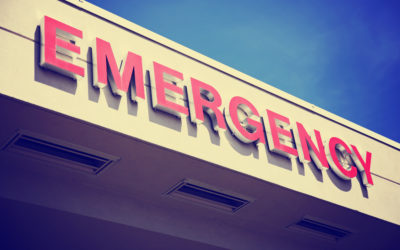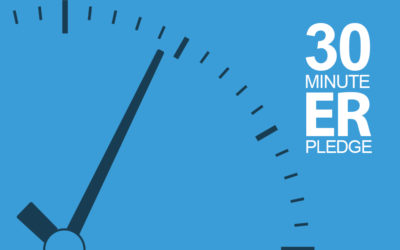Fever-Pediatric
A fever in children is a temperature of 100.4°F or higher. In children older than 3 months, a mild fever is usually not severe. But in infants younger than 3 months, a fever may signal a serious illness.
In some cases, high fevers can lead to seizures in young children. Ongoing fevers may cause dehydration due to sweating.
How to Check for a Fever
Use a thermometer. Temperatures vary by:
- Age
- Time of day
- Where the temperature is taken (mouth, rectum, ear, underarm, forehead)
Home Care Tips
- Give medicine only as directed by your child’s doctor. Never give aspirin.
- Finish any prescribed antibiotics.
- If your child has a seizure:
- Do not restrain them.
- Place them on their side to prevent choking.
- Do not place objects in their mouth.
- Encourage fluids to prevent dehydration.
- Give sponge baths with room-temperature water (only if soothing).
- Dress your child in light clothing and avoid too many blankets.
- Keep them home until they are fever-free for 24 hours without medication.
Call a Doctor If Your Child:
- Has vomiting or diarrhea
- Has pain when urinating
- Shows signs of dehydration (dry mouth, sunken eyes, fewer wet diapers)
- Is younger than 1 year and has:
- No wet diapers for 6+ hours
- A sunken soft spot
- Increased fussiness
Seek Emergency Care If:
- Your baby is under 3 months old with a temperature of 100.4°F or higher
- Child has a temperature of 102.2°F or higher (ages 3 months–3 years)
- The child is lethargic or limp
- Has trouble breathing or high-pitched breathing sounds
- Has a seizure
- Develops rash, stiff neck, severe headache, vomiting, or abdominal pain
Call 911 immediately. Do not wait or drive yourself.
This information is not intended to replace professional medical advice. Please consult your healthcare provider with any questions.
Related Services and Conditions
ER
In a medical emergency, every minute matters. That’s why we work diligently to have you initially seen by a medical…
ER 30 Minute Pledge
In a medical emergency, every minute matters. That’s why, at Evanston Regional Hospital, we work diligently…
ER Directions
Health care starts with you. If you’re experiencing symptoms, it’s up to you to pay attention and decide how to respond…
ER Team
Valley View Emergency Physicians is now providing care at Evanston Regional Hospital. Most of the physicians are…
ER Visit
A trip to the ER can often be stressful or scary- but it doesn’t have to be. A few minor preparations can help your visit go…
When to go to the ER
Minor illnesses can often wait, but some symptoms always demand immediate medical attention. These can include…
Chronic Obstructive Pulmonary Disease (COPD)
Chronic Obstructive Pulmonary Disease (COPD) Chronic obstructive pulmonary disease (COPD) is a...
Abdominal Pain
Abdominal Pain in Adults When to Monitor at Home—and When to Seek Medical Help Abdominal (belly)...
Asthma
Asthma: Know the Signs, Manage the Triggers, Get Help Fast Asthma is a chronic condition that...
Chest Pain
Chest Pain: When to Seek Emergency Care Chest pain can have many causes. Some are life-threatening...










